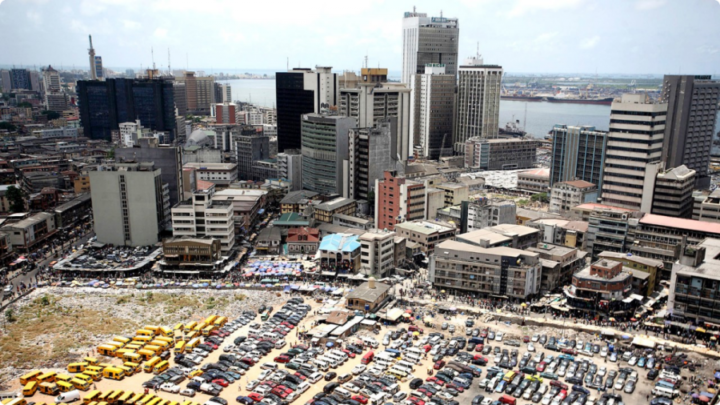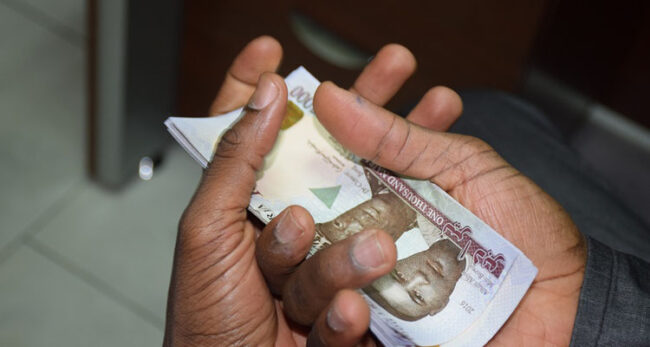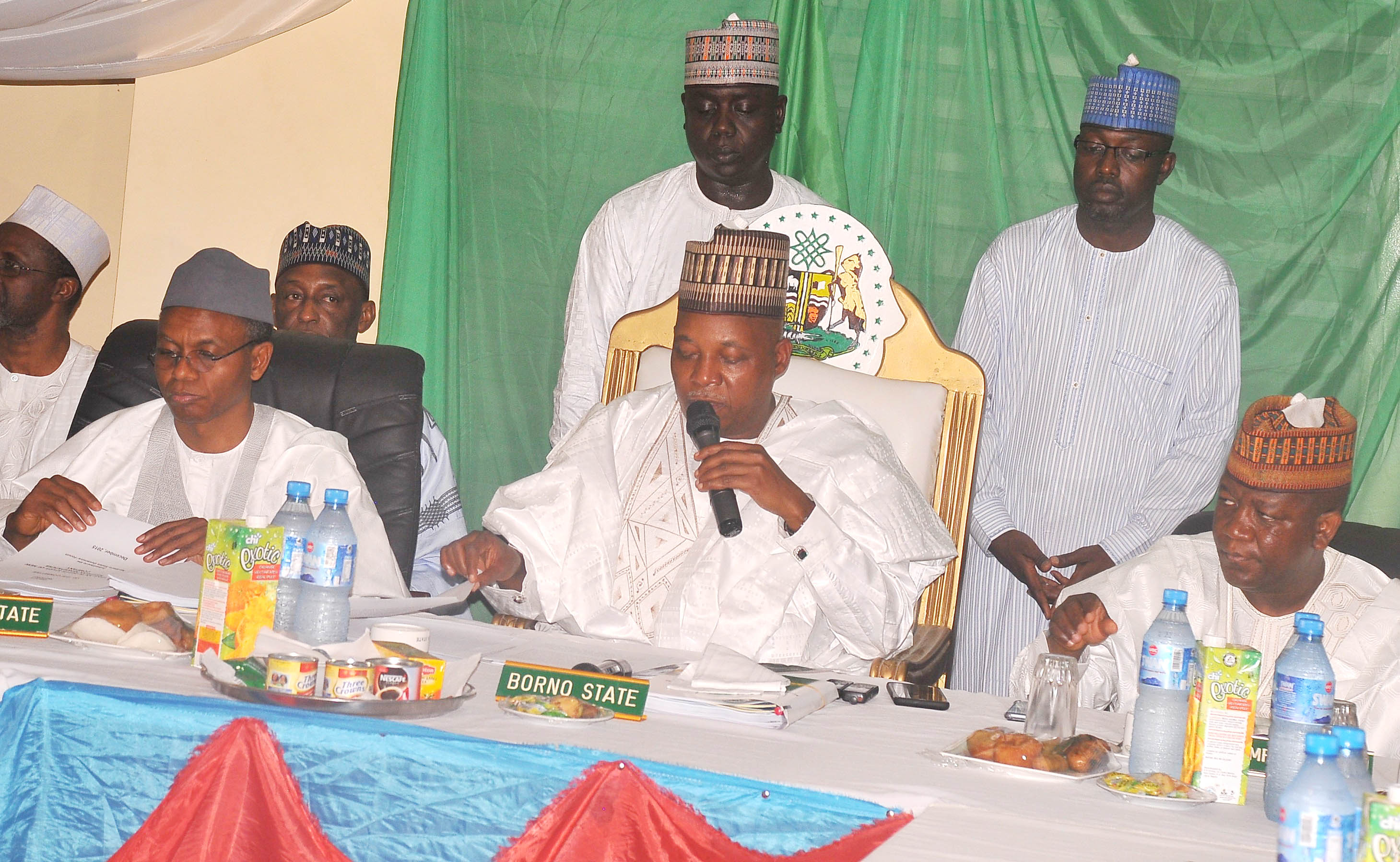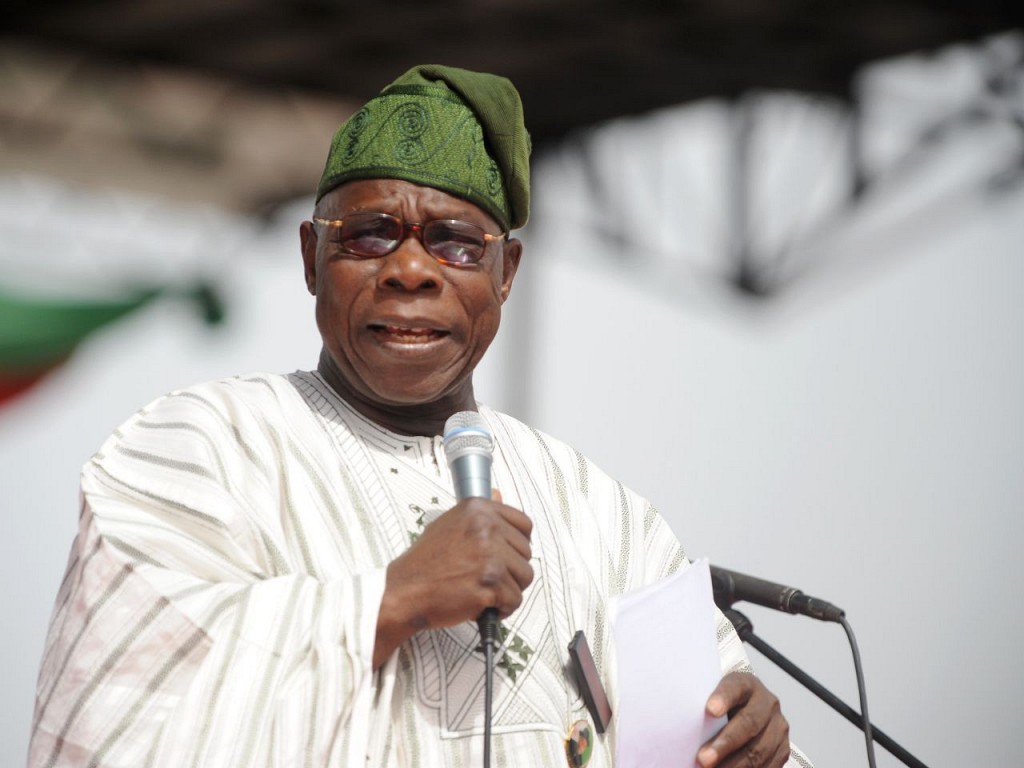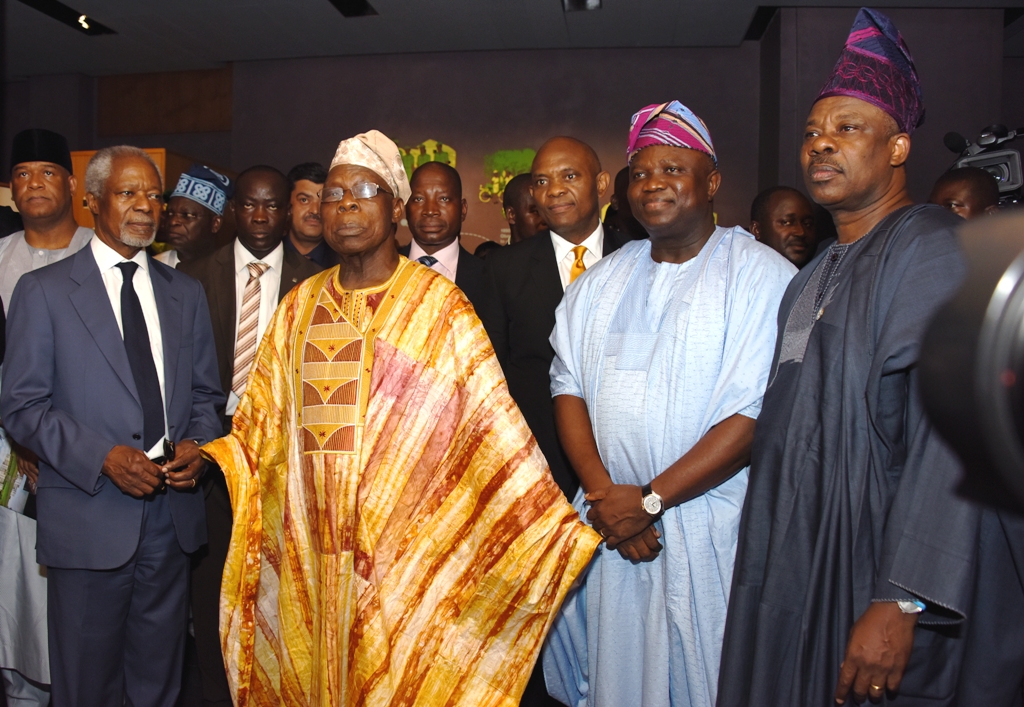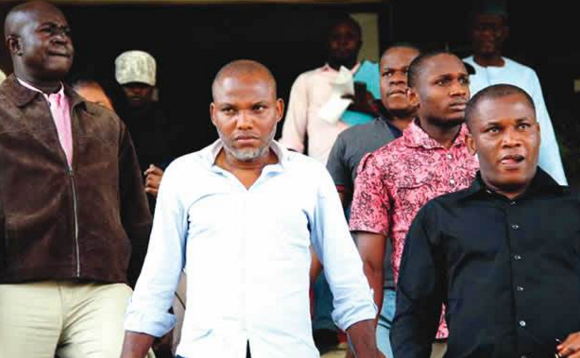Over the last two and half years, the operating economic environment in Nigeria has been very unfriendly leading to business failures and massive retrenchments. Inevitably, families are being dispossessed because of the impact of the economic recession with the inflation rate soaring to all-time high of 18.55% by the end of last year. Recognising that Nigeria with a population of about 182 million people as at December 2015 is blessed with abundant human and natural resources, it is difficult to understand why several harvests of opportunities were frittered away by previous governments. In order to fully understand the issues surrounding the economic challenges and to find out what the government was doing to take the country and Nigerians out of recession, I visited the Ministry of Budget and National Planning in Abuja recently.
It occurred to me after my visit that in spite of the prevailing perception of lack of strategic policy direction aimed at reviving the economy, there are strong indications that the federal government and its agencies are working round the clock to pull the economy out of recession and set the country on the path of sustainable growth and development within the shortest possible time. I also observed that government efforts to revive the economy are not receiving commensurate level of awareness among critical audiences and stakeholders. As the government approaches its mid-term, it is highly recommended that the country’s growth and development initiatives should be vigorously promoted in the mainstream and international media to give Nigerians, foreign investors and our trading partners some hope for the impending economic revival.
Records at both the National Bureau of Statistics and the Central Bank of Nigeria indicate that the country achieved sustained economic growth over 2011-2015 with an average real GDP growth of 4.8 per cent over the period. This performance was largely driven by the non-oil sector, which accounts for 90.4 per cent of total GDP and grew by an average of 5.8 per cent per annum over this period. Within this period also, the oil sector contracted by an average of 4.5 per cent. Services, which accounted for 36.8 per cent of GDP in 2015, agriculture (23 per cent) and wholesale and retail (17 per cent), dominated the non-oil sector. However, after more than a decade of seemingly steady economic progress, the Nigerian economy contracted and is currently in recession. This was attributed to both external and internal pressures which the country’s fragile mono-cultural economic fundamentals could not absorb.
Several reasons have been adduced for the economic downturn, the most fundamental being the sharp drop in global oil prices and steep declines in domestic oil and gas production which resulted from the sabotage of oil export terminals in the oil-producing Niger Delta region. The crux of the matter, however, is our over-dependence on crude oil exports for government revenue and export earnings; consumption-driven instead of productive and investment-propelled growth and huge leaks in government resources through corruption and inefficient spending. All these factors combined to negatively impact government revenue and export earnings as well as the fiscal capacity to stimulate the economy during the period. Lack of fiscal buffers, unbridled corruption and reckless spending exposed the economy’s vulnerability to external shocks, and consequently constrained government’s spending capacity and a gradual movement towards recession.
Advertisement
The dramatic fall in oil revenues has resulted in an equally dramatic fall in the revenues projected in the 2016 Budget to come from non-oil sources. This is because the fall in oil revenue has resulted in a serious reduction in Nigeria’s foreign currency earnings (95% of Nigeria’s foreign exchange earnings come from the oil sector). This shortage of foreign currency has affected the level of trade activities, the level of manufacturing activity and revenues from independent revenue generating agencies including Customs and the Federal Inland Revenue Service (FIRS). As a consequence of the foreign currency shortage, there was a concomitant shortfall in the level of non-oil revenues projected in the 2016 Budget. Invariably, as long as the non-oil sector is largely dependent on the oil sector for its foreign exchange requirements, volatility in the oil sector will affect the performance of the non-oil sector.
Documents available in the Ministry of Budget and National Planning indicate that the overdependence by government on crude oil revenues to fund the budget is not a recent phenomenon; it has been there for the last three to four decades. Successive administrations have been paying lip service to the diversification of the economy which formed part of the Ten Year Development Plan of 1975. Promises of implementation have only become either a campaign mantra or a child of necessity when crude oil price runs into bad weather in the global market.
As long as the crude oil enjoys fair pricing and production levels go up, with the consequent steady flow of revenue, diversification of the economy from dependence on oil can wait for another day. This is an economic challenge that we must overcome as quickly as possible. For example, turning Nigeria into the ‘Food Basket of Africa’ is one way to move away from our over dependence on crude oil. It is indeed heart-warming to note that Nigerians are embracing farming in greater numbers in different parts of the country and turning it into viable businesses for our local requirements and export opportunities. Unfortunately, in the last few years, crude oil sales account for less than 10% of the country’s GDP, but contributes about 90% of foreign earnings in government revenue. The non-oil sector which contributes about 90% of the country’s GDP contributes only about 10% of government revenue.
Advertisement
To move away from the current state of recession and ensure that the economy does not slide into this condition in future, government decided on measures that will ensure the diversification of sources of revenue as well as opening avenues for critical investments. The core focus of this new thinking is on massive infrastructure development, return to agriculture and exploitation of solid minerals. The reason is basically that these focus areas have great potentials for massive employment generation, enhancement of export activities and an expanded foreign exchange earnings. “The goal is to unlock the economic potentials of the non-oil and high employment sectors so as to achieve sustainable inclusive growth that will ensure massive employment and poverty reduction”, a government bulletin indicated. Government is working to ensure that the non-oil sector drives the economy because it contributes the most to GDP and has more capacity to employ more people.
Even the 2017 Budget is aimed at achieving economic growth, diversification, improving competitiveness, improving ease of doing business, creating more jobs and social inclusion, improving governance and security. Spending is targeted at areas that have quick transformative potentials such as infrastructure and agriculture, manufacturing, solid minerals, services and so on.Government has committed itself to firstly implementing measures to get Nigeria out of recession, and, secondly, implementing major structural reforms to ensure that the economy does not go through this experience again.
More fundamentally, government has come out with a set of plans to head off the economic headwinds. It started with the 2016 Budget when the federal government developed the Strategic Implementation Plan (SIP). The SIP was a short-term plan intended to keep the economy from further contraction by avoiding austerity measures and maintaining growth while articulating sector strategies that would form the basis of a medium-term development plan. This was followed by the Economic Recovery and Growth Plan (ERGP), a Medium Term Plan for 2017 – 2020 which builds on the SIP, and is developed for the purpose of restoring economic growth while leveraging the ingenuity and resilience of the Nigerian people. It is also articulated with the understanding that the role of government in the 21st century must evolve from that of being an omnibus provider of citizens’ needs into a force for eliminating bottlenecks that impeded innovations and market based solutions. To give vent to the plan, 59 Strategies have been developed for implementation to achieve the major objectives of the ERGP.Out of that number, 12 have been prioritized based on their importance to the success of the plan.
These include:
Advertisement
• Restoring oil production to 2.2mbpd and reach 2.5mbpd by 2020
• Privatizing selected assets
• Accelerating non-oil revenue generation
• Drastically cutting costs
Advertisement
• Aligning monetary, trade and fiscal policies
• Expanding Infrastructure especially Power, Roads and Rail
Advertisement
• Revamping the four existing refineries
• Improving Ease of Doing Business
Advertisement
• Expanding social investment programmes
• Delivering on agricultural transformation
Advertisement
• Accelerating implementation of National Industrial Revolution Plan using Special Economic Zones
• Focusing on priority sectors in order to generate jobs, promote exports, boost growth and upgrade skills.The key industrial and trade policy initiatives include:
• Resuscitation of the Export Expansion Grant geared towards providing export policy orientation for foreign exchange earnings diversification and global competitiveness;
• Strengthening the Presidential Enabling Business Environment Committee (PEBEC) to facilitate the improvement of the country’s business environment;
• Leveraging ICT to improve global competitiveness of the country Establishment of an ICT Ecosystem
• Expansion of Broadband coverage and establishment of “Innovations and Experience” centres and ICT clusters
• Enhancing support to Micro, Small and Medium Enterprises to maximise their contribution to growth, employment and export earnings
• Promoting the policy of Made-in-Nigeria
Nigeria aspires to have a rapidly growing economy with diversified sources of growth, increased opportunities for its people, and a socially inclusive economy that reduces poverty and creates jobs for the millions of young people entering the labour market annually. To achieve these objectives, the federal government repeatedly made commitments to provide the leadership required to establish a well-governed society with stable macroeconomic conditions, and a dynamic, competitive environment that enables the private sector to thrive. Government is also determined to build strong institutions, but the point must be made that every Nigerian is a critical stakeholder in the task of nation building. May God bless Nigeria.
Braimah is the chairman/CEO of Neo Media & Marketing, an integrated marketing communications company, based in Ikeja, Lagos
Views expressed by contributors are strictly personal and not of TheCable.
Add a comment

